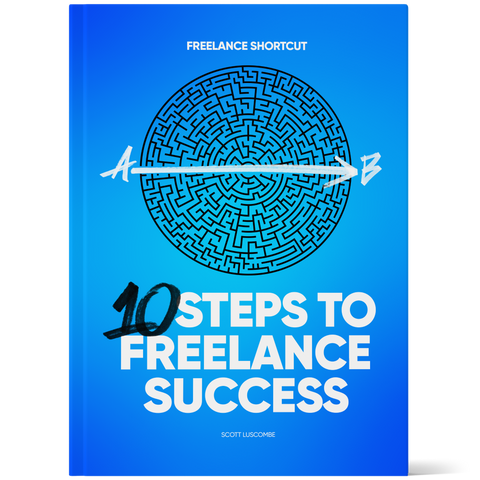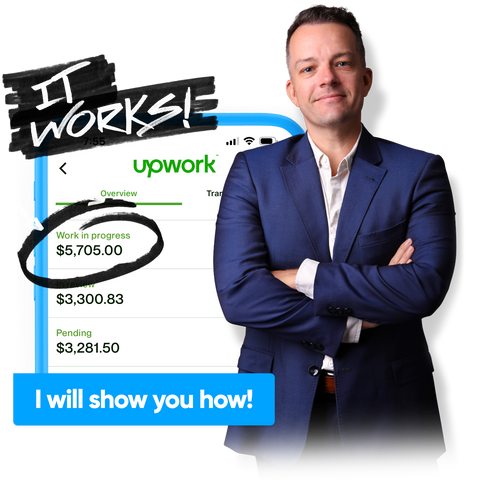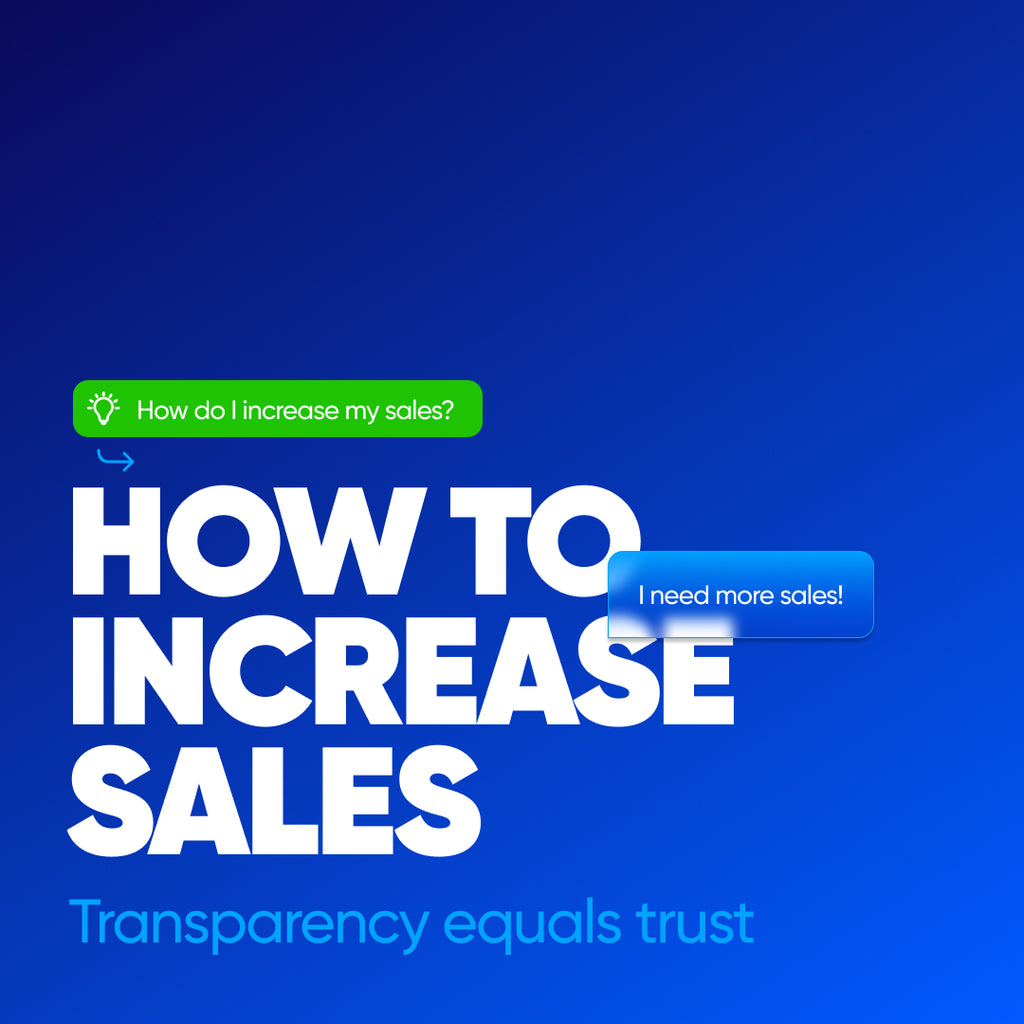Let's get the legal aspect out of the way first
The first thing that comes to mind when looking to freelance with a full-time job, or should come to mind is the commitment that you have to your current employer. While most employment contracts don't stop you from freelancing outside working hours, some contracts have non-compete clauses in them which may hold you back from working with certain freelance clients in a particular industry. So you may have to choose your client base wisely.
Not only that, some employment contracts may even clearly list working as a contractor as grounds for termination. So make sure that you are clear about the legal aspects of freelancing while working full-time before your start freelancing. The likelihood of you replacing your full-time income with freelance work right away is low, so tread carefully. If at any point, you feel that you should get legal support to review a contract for you and suggest the best move forward.
I am of the belief that everyone should freelance to some degree, whether it's to buy a couple of rounds of beer this weekend or lease office space for a freelance agency. As long as you are in the clear legally, you don't owe an explanation to anyone as to what you are doing in your own time, or why you wish to pursue it.
Build a safety net
An odd suggestion, I know, especially if you have a full-time job to fall back on. This may seem unreasonable if you're not seeking a full-time freelance career, but this is not a safety net for you, but it's one for your business.
If you are coming from a full-time job, chances are that you have a specialized skillset that you have mastered, and by this time, you are a solid practitioner of it. However, you may need to hire outside help at some point which will require funds. Even when you are in the early stages of your freelance career, clients may often look to you for help with things outside your domain. In a case where you wish to subcontract that to a different freelancer, you need to have some money set aside to pay them.
Full-time freelancing or not, being a freelancer is running a one-person business, and this safety net for your business will go a long way in your business' growth. Start building this safety net prior to working freelance if possible to run your business efficiently till you start making a steady income.
Time is a limited resource
Running a freelance business or even working a small freelance job on the side requires time. Time, some which you have willfully committed to your employer. Freelancing work is still work and will have to be treated with the same level of priority as your day job, if you wish to make any headway in your freelancing career, no matter how small the operation is.
The only way forward is to get honest with yourself about time so that you can balance freelance work with your job. While your job is mostly centered around your current professional skills, as a freelancer you will be expected to do a whole lot more. This would include accounting, reaching out to potential clients, marketing your services, delivering the work, performing your own quality assurance tests, managing relationships, and all other tasks that come with being a business owner.
Having fairly tight schedules and following through on them will be required. There will be days initially when you don't feel like doing something, and with a full-time job, it's possible to feel complacent. You have to see beyond this and ensure that you deliver on all commitments that you have made towards your own business, and the steps you need to take to ensure that. If you wish to devote 3 hours per day, don't compromise on it, no more no less. Also if you wish to work in your own time zone, make that clear to your freelance client from the get go.
A successful freelancer is a tireless practitioner and an efficient manager. This is true for a part-time or a full-time freelancer, effective time management is an absolutely critical skill.
Know what you're worth
When you start your own freelancing business, even on the side, it's natural to get the ball rolling and start making money as soon as possible. Although a really solid goal, don't fall for the trap of taking bottom-tier gigs that promise a quick buck. This can seem tempting in the early stages of your freelance practices, but the first set of jobs that you take on should have some level of consideration behind them.
This consideration that I am talking about isn't simply limited to the compensation but also factors in the time commitment, the industry that you work for, and the kind of work that you do for them.
If you are a web developer, you solve a major blocker for clients i.e. developing and personalizing a website, so it is only fair that you are compensated fairly for your time. In addition to the compensation, your client must realize what you need to effectively do your job. It is natural for you to expect some if not all the systems that you have in your day job, to be available to you in your freelance job as well. Web development requires a web designer to provide design input to the developer. If this is not something that is available, and you provide that service yourself, make sure you are compensated for that as well. Which brings me to my next point.
Take ownership of the process
When clients, no matter big or small, are looking for help to solve a problem for them, take ownership. While your job is to provide the service that you were hired for, you need to understand and own the entirety of the process. What parties are required to see through a process successfully, where do you fit in the entire chain and how can you assure that it runs efficiently? This is where your previous professional experience would come in handy.
Taking the example of web development again, the development of the actual site actually comes later into the process. A final site requires collaboration between a project manager, a content writer, a graphic designer, and a website architect. The process can also involve an analyst and quality tester. Your professional experience at your full-time job gives you a good understanding of what they need from you to successfully do their jobs while also what you need from them.
Take that professionalism to the freelance contracts and see how you can run effective collaboration between you and all the cogs in the machine. These are soft skills and they may not be expected right off the bat, but these are what differentiates a good freelancer from a great freelancer. If you ever wish to be a full-time freelancer in the future, running your own business, this knowledge of the process will be even more cardinal to your success.
Underpromise and overdeliver
A good freelancer knows this "mantra" by heart. You don't promise what you know you can deliver, rather you underpromise to a degree where the requirements of the freelance project are met and nothing more. On the flip side, you work tirelessly to provide the client with the best quality of work to show them that you are the best person for the job.
Nothing looks like unprofessionalism than an uncoordinated freelancer who is out of touch with what they can deliver given the constraints of a certain project. Even if you are absolutely stellar at what you do, backtrack a little and see where that threshold of acceptable is for your client. These can be the quality of work, certain business objectives, or driving a substantial output, you need to learn to manage these client expectations, while also pushing what's possible at all times.
This might seem daunting and sometimes even stressful, so define your own standards for this. Something that you are okay with and you know that your target clients would be too. There is a place for growth but there isn't any place for burnout. So don't agree to any unreasonable demands put forward by clients and don't burn yourself out trying to meet them.
Don't let your freelance business, affect your day job
Being your own boss and working on your own time is fantastic and empowering. Commitment to this new side hustle of yours is a good thing but it's vital that you have the same degree of commitment to your current job, the one that pays the bills by giving you a steady paycheck.
No matter how monotonous it may start to seem, doing the same work in the office, you have to be your best on both fronts. If it ever comes to it that both your day job and freelance business are competing for your time and attention, be very mindful of what you decide to do at that point. Freelance gigs aren't in short supply, so if it's time to roll back on your commitments, or lessen your workload, let it be from your freelance business.
Your full-time job should not be affected by your running a business. Keep the two separate and make sure that your performance at your job meets the standard that is expected from you at your workplace.
Now that may seem odd coming from someone who advocates for freelancing and talking about all of the potential rewards that it brings. But, like all good things, this freelance success took time. So unless you are mentally and financially ready to take the plunge to be a full-time freelancer, don't. It'll come, in its own time.
If you are exploring a freelance niche with a full time job, why not start with something simple? An easy freelance career is a great starting point!
Sustainability is the key
I won't promise you that freelancing will be all fun and sunshine. A client could have a disagreement or worse, fire you. You will need to weather those storms. There is also the added pressure of having and working two jobs at the same time.
But, you decided to do this, because you wanted to do this. Something within you saw this out of all possible sources of extra income as the one you wished to pursue. Don't stretch yourself too thin, and practice the underpromise and overdeliver mantra. Run your freelance business with your best judgment, getting the right help and taking out free time to live life.
Sustainable practices build successful businesses. Many clients will come and go and there will be nights when you burn the midnight oil. As long as your systems are sustainable, there's virtually very little holding you back.
Next read: 3 Best Freelance Jobs for Beginners in 2023

How to Freelance With a Full-time Job?
Then, pick one of these:

Freelance Book - 10 Step Success Shortcut

Freelance Success Digital Course

Freelance Coach
Third, try these:

Start your freelance career on Fiverr

Monday Project Management System for Freelancers






